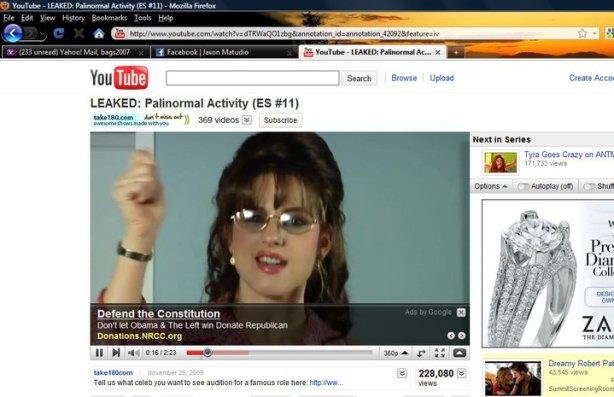Sony’s jump into cloud-based music has created quite a lot of buzz in the past week. Its new Music Unlimited service has launched in the UK and a half-dozen other European countries; Sony plans to launch it in the U.S. in 2011.
It includes music from Sony/BMG and at least three other major record labels, which I believe makes it the largest service to challenge Apple’s iTunes. But the concept appears to be more similar to Pandora. It selects songs for an individual user based on feedback that user has given in the past, presumably in multiple channels created by that user.
What strikes me about iTunes and Music Unlimited is that our FargoTube service is like a blend of the two, albeit for now on a smaller scale, and with a couple of unique features of its own. (All three offer both music and videos).
The most basic difference between Sony’s and Apple’s services is that Music Unlimited streams its content, while iTunes’ content is available for download. Various tech bloggers have cast Sony’s challenge as a bet that the streaming format will eventually beat out the download format, in which listeners own the tracks they select.
FargoTube, in contrast to both of those services, lets independent artists offer their entertainment in either or both formats. In most cases, FargoTube users therefore can determine the format that best suits their viewing/listening preferences. All of this ensures that all artists’ presence on FargoTube will remain strong even if one format wanes in the film or music industry as a whole.
The early (and perhaps premature) verdict on Music Unlimited seems to be that it won’t displace iTunes. Readers at Engadget were particularly harsh on Sony.
The good news for FargoTube is that major players in the industry are not only beginning to accept that streaming and subscription services are viable, but they are now implementing solutions in the market. FargoTube is positioned to help independent artists jump on the bandwagon!

